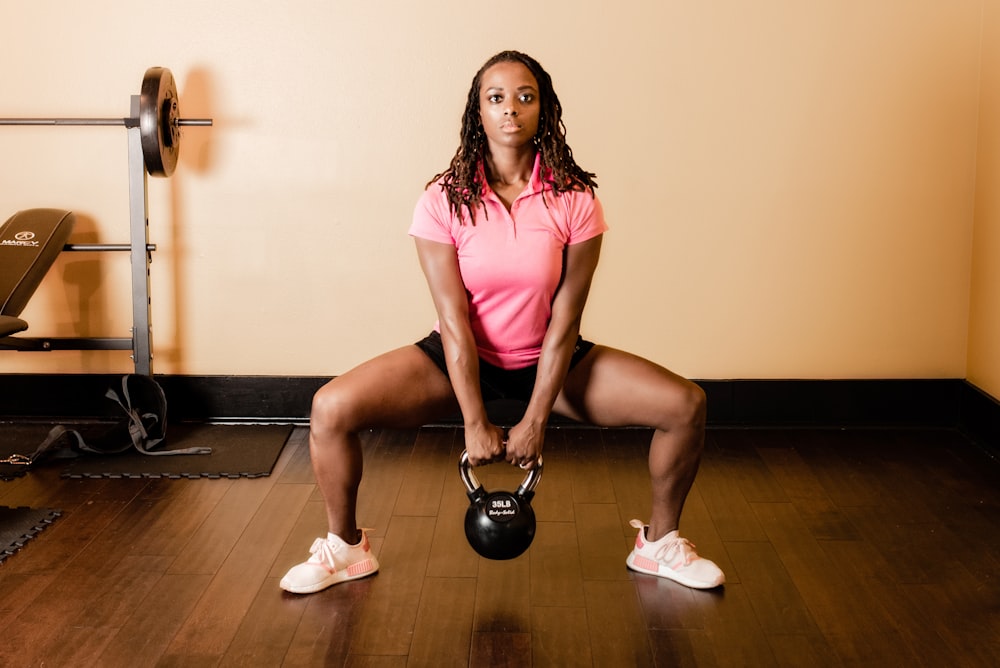The Importance of Fitness
19

Introduction to Fitness and its Multifaceted Importance
- Definition and Scope of Fitness: Briefly define what fitness encompasses, including physical, mental, and emotional aspects.
- Historical Perspective: Touch on the evolution of fitness from ancient to modern times, highlighting changes in societal attitudes and scientific understanding.
The Physical Benefits of Regular Exercise
- Improved Cardiovascular Health: Discuss how regular physical activity strengthens the heart, reduces the risk of heart disease, and improves blood circulation.
- Weight Management: Explain the role of exercise in maintaining a healthy weight and preventing obesity.
- Muscle Strength and Flexibility: Outline how different types of exercises enhance muscle strength, flexibility, and endurance.
- Bone Health: Highlight the importance of physical activity in maintaining bone density and preventing osteoporosis.
Mental Health and Fitness
- Stress Reduction: Discuss how exercise reduces stress hormone levels and can be as effective as medication for some people in treating anxiety and depression.
- Cognitive Function: Explore the connection between regular physical activity and improved brain function, including memory, concentration, and the reduction of cognitive decline with age.
- Sleep Quality: Detail how fitness can help regulate sleep patterns and improve the quality of sleep.
Emotional Well-being and Social Benefits
- Self-esteem and Confidence: Explain how achieving fitness goals can boost self-esteem and confidence.
- Social Interaction: Discuss the role of team sports and fitness groups in fostering social connections and a sense of community.
- Mood Enhancement: Cover how exercise releases endorphins, often leading to an improvement in overall mood.
Fitness as a Preventative Measure
- Chronic Disease Prevention: Elaborate on how regular exercise can help prevent or manage chronic diseases such as diabetes, high blood pressure, and certain types of cancer.
- Immune System Boost: Discuss recent research on the link between fitness and a stronger immune system.
The Role of Diet in Fitness
- Nutritional Support for Exercise: Explain the importance of a balanced diet in supporting fitness goals, including macronutrient balance and hydration.
- Supplements and Fitness: Offer a balanced view on the role of supplements, highlighting both benefits and potential drawbacks.
Overcoming Barriers to Fitness
- Time Management: Offer strategies for incorporating exercise into a busy schedule.
- Motivation: Discuss ways to stay motivated, including goal setting and tracking progress.
- Accessibility: Address challenges related to access to gym facilities or equipment and provide solutions, such as home workouts or outdoor activities.
Fitness Trends and Future Directions
- Technology and Fitness: Examine how technology, including fitness apps and wearable devices, is changing the way people approach fitness.
- Holistic Approaches to Fitness: Discuss the growing interest in integrating physical fitness with mental and emotional well-being practices, such as yoga and mindfulness.
Conclusion: Making Fitness a Lifestyle Choice
- Personal Stories and Testimonials: Include anecdotes or testimonials to inspire and motivate readers.
- Call to Action: Encourage readers to take the first step towards incorporating fitness into their daily lives, emphasizing that any activity is better than none.
References and Further Reading
- List scientific studies, expert interviews, and authoritative sources to lend credibility to the article and provide readers with resources for further exploration.






























